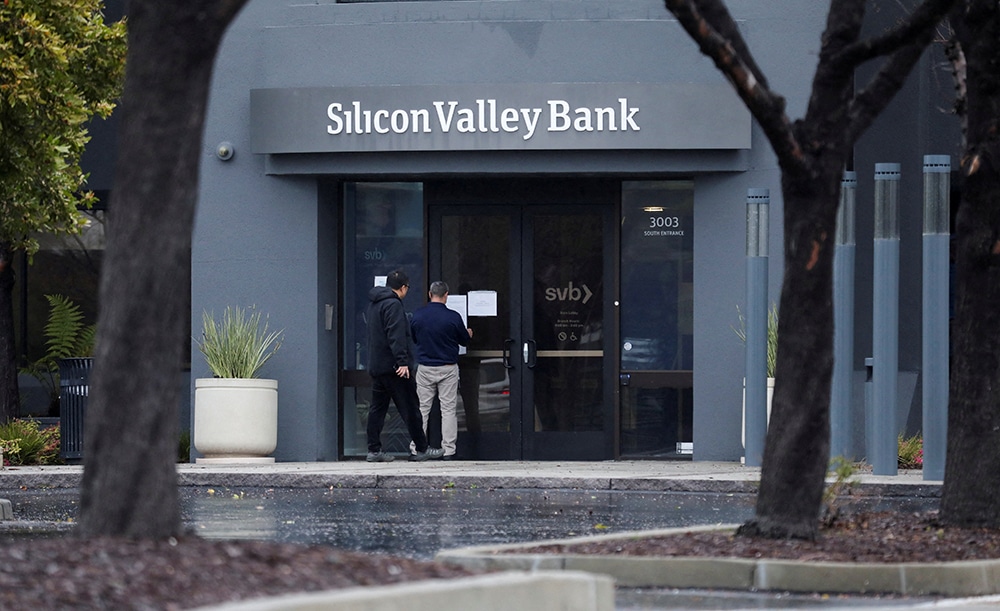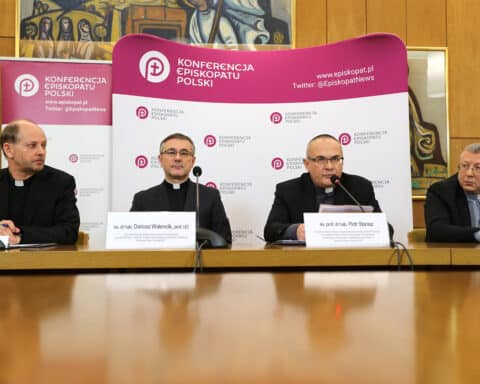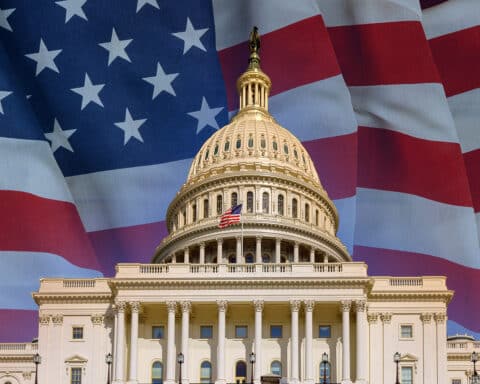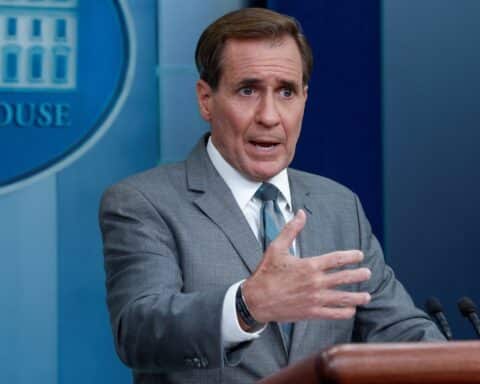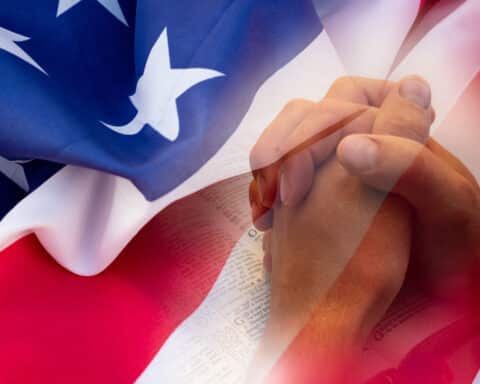Is there a specifically Catholic angle on the Silicon Valley Bank (SVB) and Signature Bank failures? Catholics, who belong to the Church that is an “expert on humanity,” should at least be able to see things straight — which begins with a reckoning. The facts are not all out, but from what we know, who did wrong and who is to blame? And what does it portend? I’ll stick with SVB since the run on Signature seems to have been contagion.
The current situation
The basic facts are these: During the COVID lockdowns, when the tech sector boomed, SVB, which caters to tech, grew its deposits astonishingly from about $50 billion to almost $200 billion within two years. They could make productive use of only a small portion of this capital by lending it out. They invested a large portion into long term low interest Treasuries. Ordinarily Treasuries are regarded as highly safe and conservative. But in an environment of rising interest rates, these notes would lose value.
During 2022, when the Federal Reserve rate went from zero to 4%, bank management did nothing to hedge for interest rates. They didn’t take a (slight) loss to replace them with notes of staggered maturity. They didn’t swap them for shorter term notes during “yield curve inversions.” (In 2022, the “yield curve” inverted twice, in April and in July.)
When the tech sector experienced a recession in 2023, and SVB’s depositors demanded their money, as they needed to burn through cash to keep their businesses going, SVB was forced to sell its devalued Treasuries. They looked to make up the loss through a modest share offering. Depositors correctly interpreted these moves as a sign of bad management. Through social media mob behavior, they initiated a massive run on the bank Friday, March 10.
Taxpayers and the bailout
The feds closed the bank on March 12, guaranteeing that even deposits over the $250,000 limit of FDIC insurance would be fully insured. This meant that businesses relying on SVB could make payroll and meet their commitments. On the federal plan, executives, shareholders and bondholders of the bank will likely be punished by big losses. Taxpayers will likely be on the hook for some of the bailout.
A friend who has investigated many bank failures told me “you’d be surprised how many bank executives just have no idea what they are doing. They pretend they know because they don’t want to look foolish. We used to call them ‘pass the bean dip’ guys, because they are completely useless.”
Who is responsible?
The management and board of SVB sure look like “pass the bean dip” incompetents. They made the most basic, most foolish mistakes. They turned what ought to be the safest of investments into a risk that sunk the bank. As a consolation, though: the incompetence is so astonishing that it is unlikely to be repeated at other banks.
We saw with FTX that Sam Bankman-Fried’s incompetence went along with a lot of trendy virtue-signaling. Same with SVB, which bragged about its “diverse and inclusive” board, and whose CEO was super fit and went cycling with professional bike teams. And here’s a disturbing line from SVB’s last annual report: “We face risks from a prolonged work-from-home arrangement as well as our implementation of a broader plan to return to the office. Currently, our employees work remotely most of the time.”
Management’s incompetence was what lawyers call the “but for” cause of the bank’s failure. “But for” their flagrant mismanagement of an obvious risk, the bank would have been fine. Yet there were contributing causes, too.
Winners and losers
Government is the main actor here. During COVID, instead of focussed protection of the most vulnerable (as called for by the Great Barrington Declaration), the government shut down the economy for two years, printing money and handing it out to hide from us the consequences of no business activity. Federal deficits skyrocketed: in 2020, fully half of the federal budget was deficit spending ($3.1 trillion, equal to 15% of the entire nation’s GDP). These two factors caused inflation. The Federal Reserve had to respond by raising rates rapidly. The current 4.75% current rate is hardly unusual historically; it’s close to the average. But since the great financial crisis in 2008, the Federal Reserve has been carrying the government’s water, stimulating the economy ceaselessly with near zero interest rates and pouring cash into banks through deposit creation, lulling the pathetically ignorant (like SVB’s management, apparently) into supposing that money is always “easy.”
So, extreme lockdowns (a government action) required as a “remedy” artificially suppressed interest rates (a government action) and massive deficit spending (a government action), which in turn required a rapid rise in interest rates (a government action), while the undisciplined printing of money (a government action), encouraged in our culture unreality about the value and seriousness of money. “Pass the bean dip” guys are found other than in the C-suites of banks.
The bailout of SVB (a government action) was necessary. But let’s be clear that it contributes to the sense of unreality. All value requires risk. If there is no risk, nothing has value.
And let’s be clear here that the winners are the tech sector and banks, while the losers are average Americans, for whom inflation amounts to a form of theft. The SVB failure is already being used to pressure the feds to stop raising interest rates to battle inflation.
What does it all mean
What does it all portend? As mentioned, the specific egregious mismanagement of SVB is unlikely to be repeated elsewhere. But what other sorts of mistakes have been made because of the induced sense of unreality in our culture, which will show themselves in months to come? How many foolish risks have been taken unnecessarily because they were thought to have no consequences? We have no way of telling in advance.
As Catholics, we know that we deserve a chastening. But also we can and should pray, nonetheless, that in his mercy, God saves the United States of America.
Michael Pakaluk is a professor of ethics and social philosophy in the Busch School of Business at The Catholic University of America in Washington, D.C., and a member of the Pontifical Academy of St. Thomas Aquinas.

